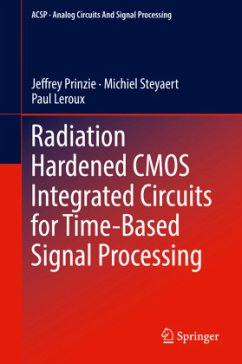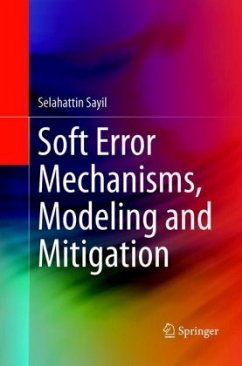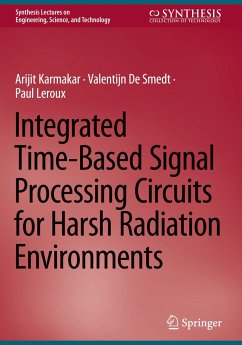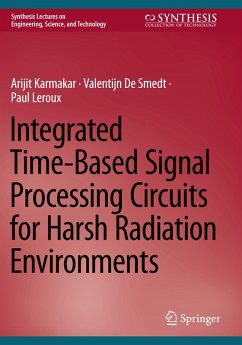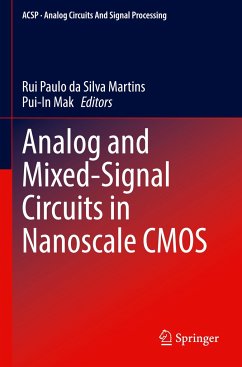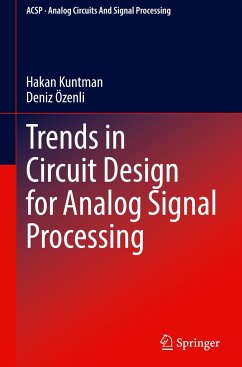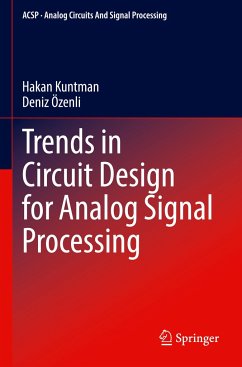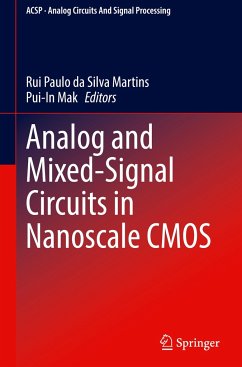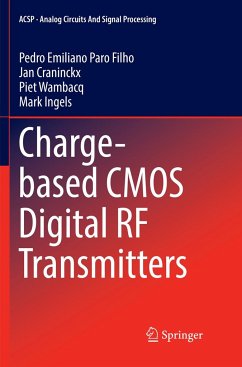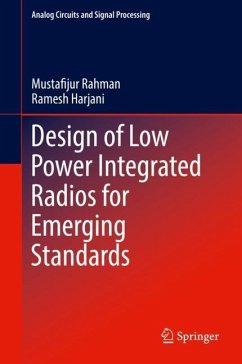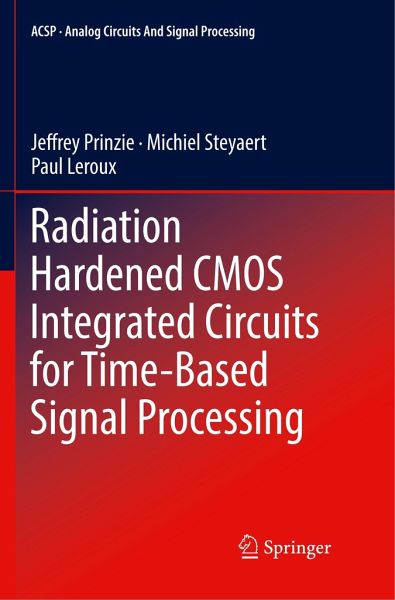
Radiation Hardened CMOS Integrated Circuits for Time-Based Signal Processing
Versandkostenfrei!
Versandfertig in 6-10 Tagen
113,99 €
inkl. MwSt.
Weitere Ausgaben:

PAYBACK Punkte
57 °P sammeln!
This book presents state-of-the-art techniques for radiation hardened high-resolution Time-to-Digital converters and low noise frequency synthesizers. Throughout the book, advanced degradation mechanisms and error sources are discussed and several ways to prevent such errors are presented. An overview of the prerequisite physics of nuclear interactions is given that has been compiled in an easy to understand chapter. The book is structured in a way that different hardening techniques and solutions are supported by theory and experimental data with their various tradeoffs.Based on leading-edge ...
This book presents state-of-the-art techniques for radiation hardened high-resolution Time-to-Digital converters and low noise frequency synthesizers. Throughout the book, advanced degradation mechanisms and error sources are discussed and several ways to prevent such errors are presented. An overview of the prerequisite physics of nuclear interactions is given that has been compiled in an easy to understand chapter. The book is structured in a way that different hardening techniques and solutions are supported by theory and experimental data with their various tradeoffs.
Based on leading-edge research, conducted in collaboration between KU Leuven and CERN, the European Center for Nuclear Research
Describes in detail advanced techniques to harden circuits against ionizing radiation
Provides a practical way to learn and understand radiation effects in time-based circuits
Includes an introduction to the underlying physics, circuitdesign, and advanced techniques accompanied with experimental data
Based on leading-edge research, conducted in collaboration between KU Leuven and CERN, the European Center for Nuclear Research
Describes in detail advanced techniques to harden circuits against ionizing radiation
Provides a practical way to learn and understand radiation effects in time-based circuits
Includes an introduction to the underlying physics, circuitdesign, and advanced techniques accompanied with experimental data



